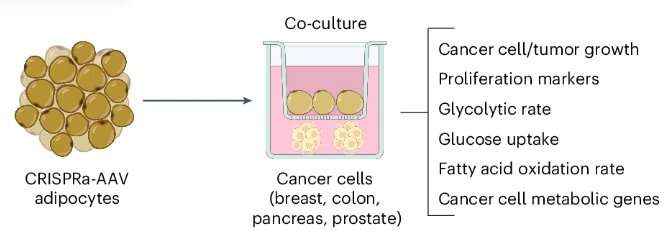Recent research has shed light on the intriguing relationship between fat cells and cancer progression, suggesting that “starving” fat cells could be a promising strategy in cancer treatment. Scientists have discovered that cancer cells often hijack the metabolism of surrounding fat cells to fuel their growth. By depriving these fat cells of nutrients, researchers aim to disrupt the energy supply that tumors rely on, potentially slowing down their growth and spread. This approach represents a novel angle in cancer therapy, focusing not just on targeting the tumor itself but also on modifying the tumor microenvironment.
Moreover, this innovative strategy could pave the way for combination therapies that enhance the effectiveness of existing cancer treatments. By targeting both fat cells and cancer cells, doctors may be able to improve patient outcomes and reduce the chances of tumor recurrence. Ongoing studies are crucial to better understand the metabolic interactions between fat and cancer cells, and how manipulating these relationships can lead to more effective therapeutic options. This research highlights the potential of targeting metabolic pathways in cancer treatment, opening new avenues for clinical applications that could benefit patients facing various types of cancer. Click for More Details







